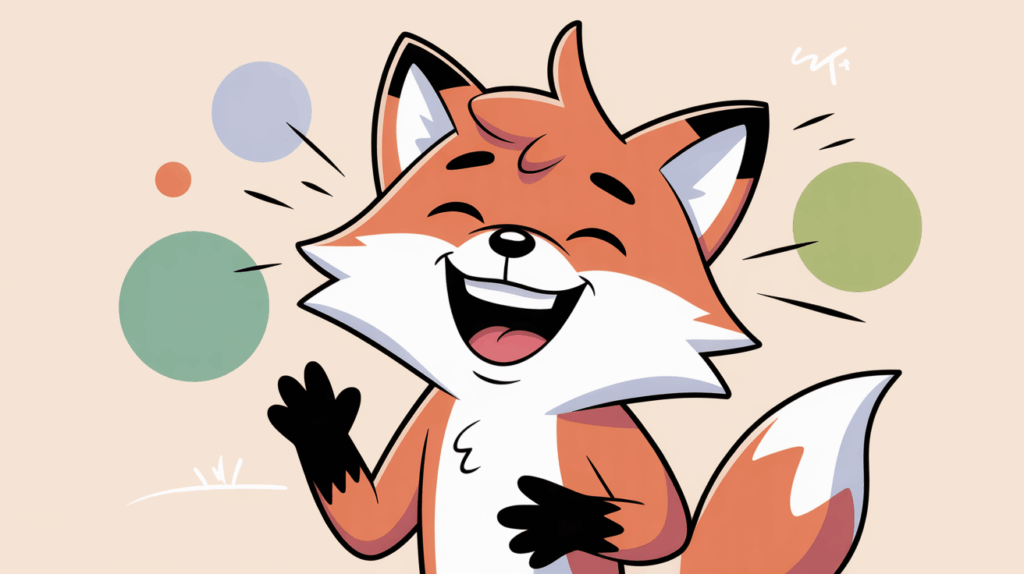Introduction 🌱
When it comes to entp emotional reactions, frustration reveals a fascinating side of this quick-thinking and verbally agile type. ENTPs are known for their creativity, debate skills, and enthusiasm—but beneath that energetic surface lies a strong aversion to stagnation or restriction. They thrive on movement, challenge, and mental playfulness, so when progress feels blocked, tension builds fast. This post explores how ENTPs express and manage frustration, offering insight into their dynamic emotional landscape and the psychology behind their quick adaptability.

Personality Overview 🔮
ENTPs, often called The Debaters, thrive on mental stimulation, novelty, and challenge. They are driven by Extraverted Intuition (Ne), constantly exploring possibilities and connections, and supported by Introverted Thinking (Ti), which analyzes patterns logically. When their freedom to explore or express ideas is limited, frustration builds quickly. Understanding entp emotional reactions helps reveal how this type converts emotional tension into creativity and problem-solving.
ENTPs typically experience frustration when they feel misunderstood or trapped by routine. Their instinct is not to dwell on emotion but to engage their intellect and humor as a coping mechanism. They often turn irritation into witty banter, sarcasm, or spontaneous idea generation—a process that allows them to regain a sense of control. This playful deflection is not avoidance; it’s their way of staying mentally agile and emotionally balanced.
Key Traits 📚
Here are common ENTP patterns when dealing with frustration:
- Verbal Expression – They voice their frustration through clever remarks or debates, turning tension into dialogue.
- Intellectual Reframing – ENTPs quickly analyze the cause of irritation and rationalize it away.
- Humor as Defense – They use jokes or irony to release tension and maintain positive energy.
- Restlessness – When stuck, they may impulsively change projects or environments to regain stimulation.
- External Brainstorming – Discussing the problem aloud helps them process feelings indirectly.
- Low Emotional Display – They rarely show sadness or anger directly, masking it behind logic or humor.
These behaviors show that entp emotional reactions are rooted in cognitive agility—their mind races toward solutions before emotions can linger.
Comparisons ⚔️
Compared to an INTJ, who internalizes frustration and turns it into strategic focus, ENTPs externalize it through speech and action. Where INTJs withdraw to plan, ENTPs engage others to vent or reframe the situation. On the other hand, ENFPs may express frustration more emotionally, seeking connection and empathy, while ENTPs prefer witty detachment and rationalization. These contrasts show how each personality processes tension through its dominant functions.
A further contrast can be drawn with ISTJs, who experience frustration when plans fail to follow established procedures. ENTPs, in contrast, get frustrated by overstructure or predictability. They crave novelty, and too much order feels like a cage. Understanding this difference reveals why entp emotional reactions are often tied to their environment and creative freedom.
Lessons 💡
From observing entp emotional reactions, we learn:
- Humor and intellect can be healthy outlets for emotional stress.
- Freedom to explore ideas is vital to emotional stability.
- Overcontrol or micromanagement stifles innovation and leads to burnout.
- Self-awareness helps ENTPs channel frustration into productive creativity instead of impulsive change.
For others, the key is not to suppress an ENTP’s frustration but to let them talk, brainstorm, and verbalize their way back to calm. Their words are their release valve.
Final Thoughts 🌟
The entp emotional reactions to frustration reveal how this type transforms tension into movement, humor, and insight. They remind us that emotion, when paired with curiosity, can fuel creativity rather than conflict. For ENTPs, frustration isn’t the end—it’s the spark for their next great idea. Their ability to pivot, reframe, and laugh through difficulty makes them natural innovators, turning emotional chaos into inspiration and forward motion.